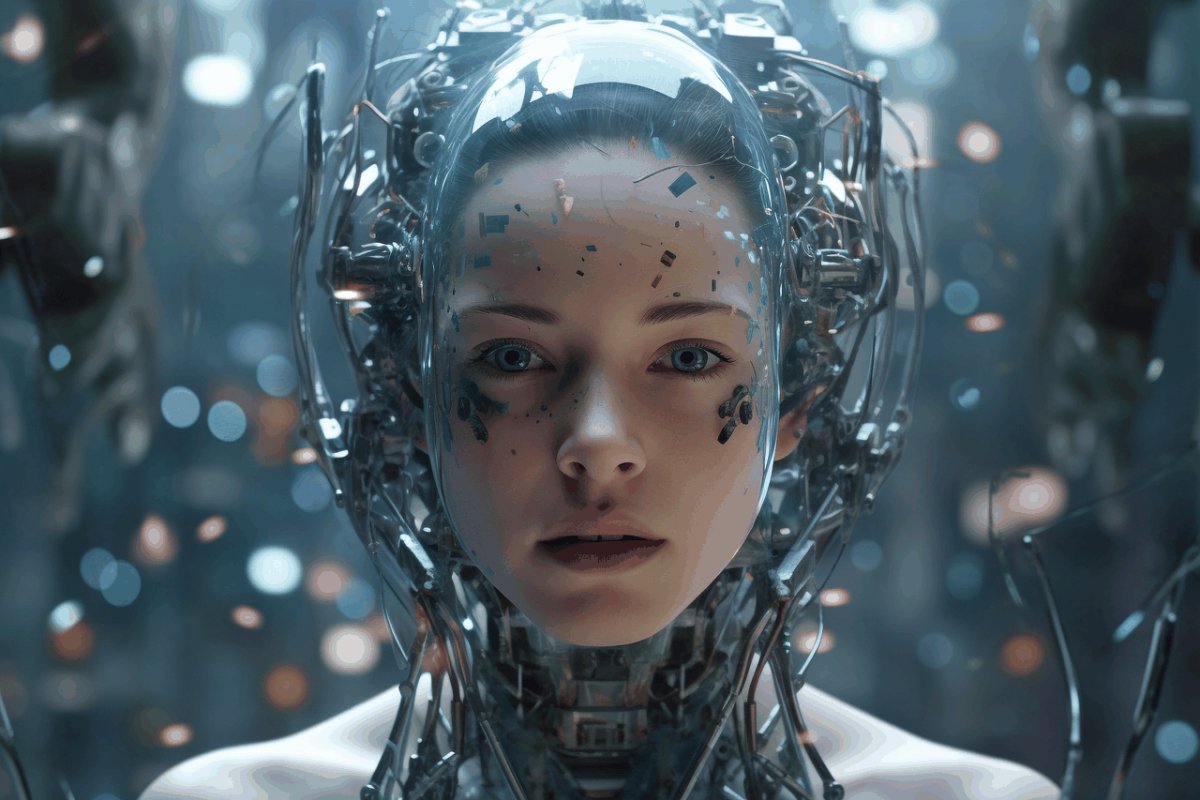In recent years, artificial intelligence (AI) has made significant advancements, impacting various aspects of our lives. From virtual assistants like Siri and Alexa to self-driving cars, AI has become an integral part of our society. However, one area that has gained attention and sparked debates is the development of AI sex dolls, specifically AI sex doll girlfriends. This article explores the potential implications of AI sex dolls on the future of sex and relationships. Is this the future we should embrace, or does it raise concerns about the nature of human connection?

Artificial intelligence is rapidly changing how we interact with technology. AI-powered systems can now mimic human-like conversations and behavior, blurring the lines between humans and machines. With advancements in robotics and AI algorithms, the potential for AI to outsmart humans and even creep into human romance is becoming a reality.
As technology progresses, the idea of having relationships with AI-powered sex dolls is gaining traction. Supporters argue that robots could fill the void for individuals who are lonely or lack human connection. David Levy, an AI expert, predicts that by 2050, people will not only have sex with robots but also fall in love and marry them. The argument is that these AI companions could alleviate the loneliness and provide companionship for millions of people worldwide.
San Marcos, California, is home to a factory that manufactures realistic sex dolls called RealDolls. These high-quality silicone dolls are meticulously crafted to resemble human anatomy. However, the latest generation of RealDolls, such as Harmony AI, goes beyond physical appearance. These dolls integrate AI and robotics, allowing them to simulate conversations and adapt their personality based on user preferences. Harmony AI runs on conversation AI similar to Siri and Alexa, making it capable of holding interactive dialogues and even changing its personality traits.
The concept of falling in love with robots raises questions about the nature of human emotions and connections. While some argue that AI can be programmed to mimic emotions like compassion and understanding, others remain skeptical. Sigmund Freud's theory of human attraction suggests that we are attracted to those who resemble ourselves or our parents. However, AI is fundamentally different from humans, making it difficult to replicate genuine human love and emotions.
Researchers and scientists have attempted to quantify human attraction and emotions through algorithms. By measuring physical attributes, gestures, and social connections, they aim to create an algorithm for love. While this approach might provide insights into attraction, replicating the complexity of human emotions remains a challenge. Our understanding of love and the intricacies involved is far from being completely grasped, making it unlikely that a love algorithm can accurately simulate human affection.
The Role of AI in Companionship: Despite the limitations, AI companions like virtual reality characters and robotic toys are gaining popularity. Companies like Yankai are developing AI-driven toys that can learn and interact with users. These toys offer companionship and engagement, particularly for children. By providing a level of emotional interaction, these AI companions aim to enhance playtime and social interaction.
The rise of AI sex doll girlfriends raises ethical questions and societal concerns. Critics argue that promoting relationships with AI dolls could lead to further isolation and detachment from genuine human connections. Additionally, questions regarding consent, objectification, and the potential for unhealthy relationships arise.
While AI sex doll girlfriends represent a significant technological advancement, the implications for the future of sex and relationships remain complex. While some individuals may find companionship and satisfaction in these AI companions, others argue that it may hinder our ability to form genuine human connections.










Leave a comment
This site is protected by hCaptcha and the hCaptcha Privacy Policy and Terms of Service apply.